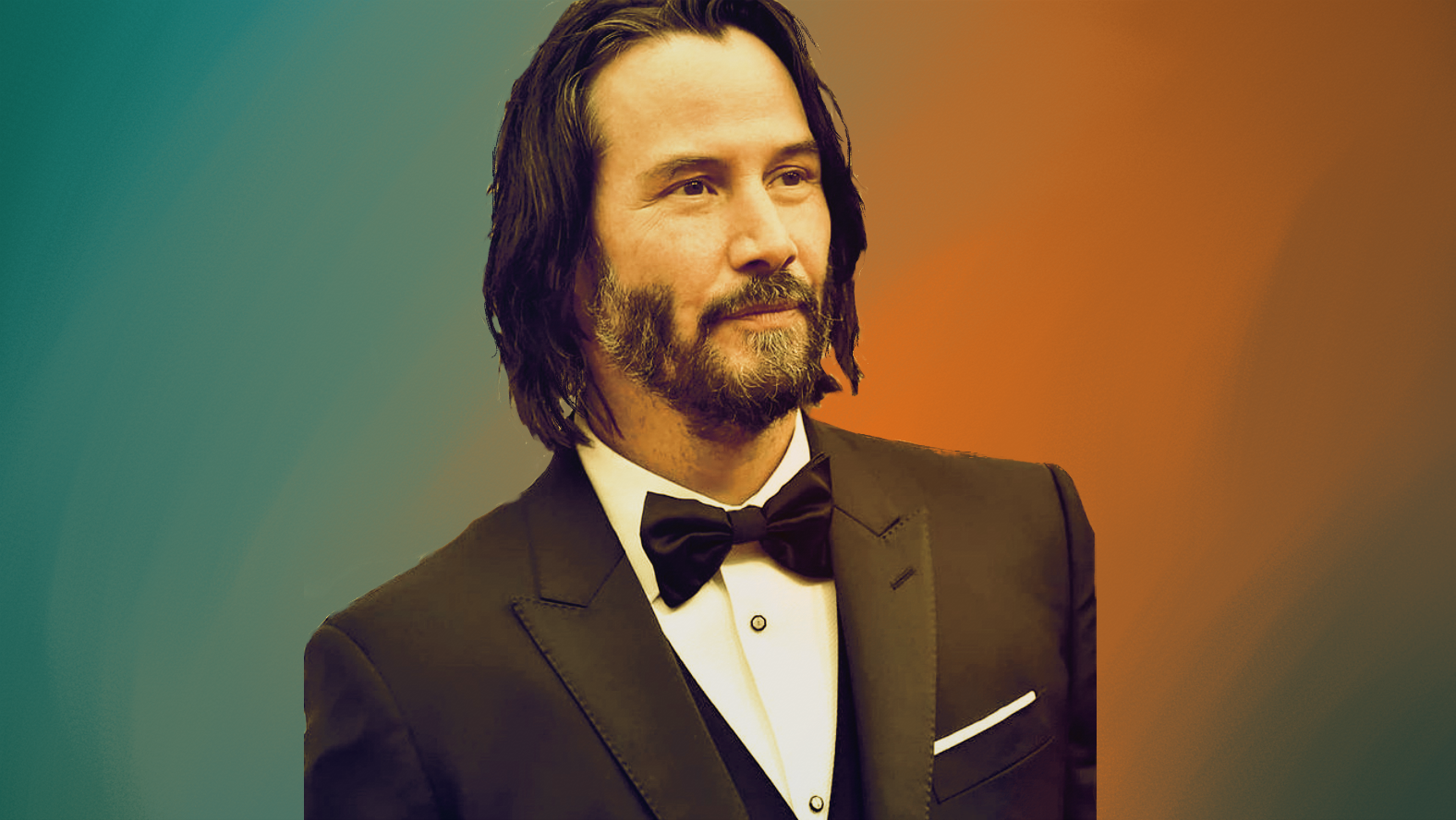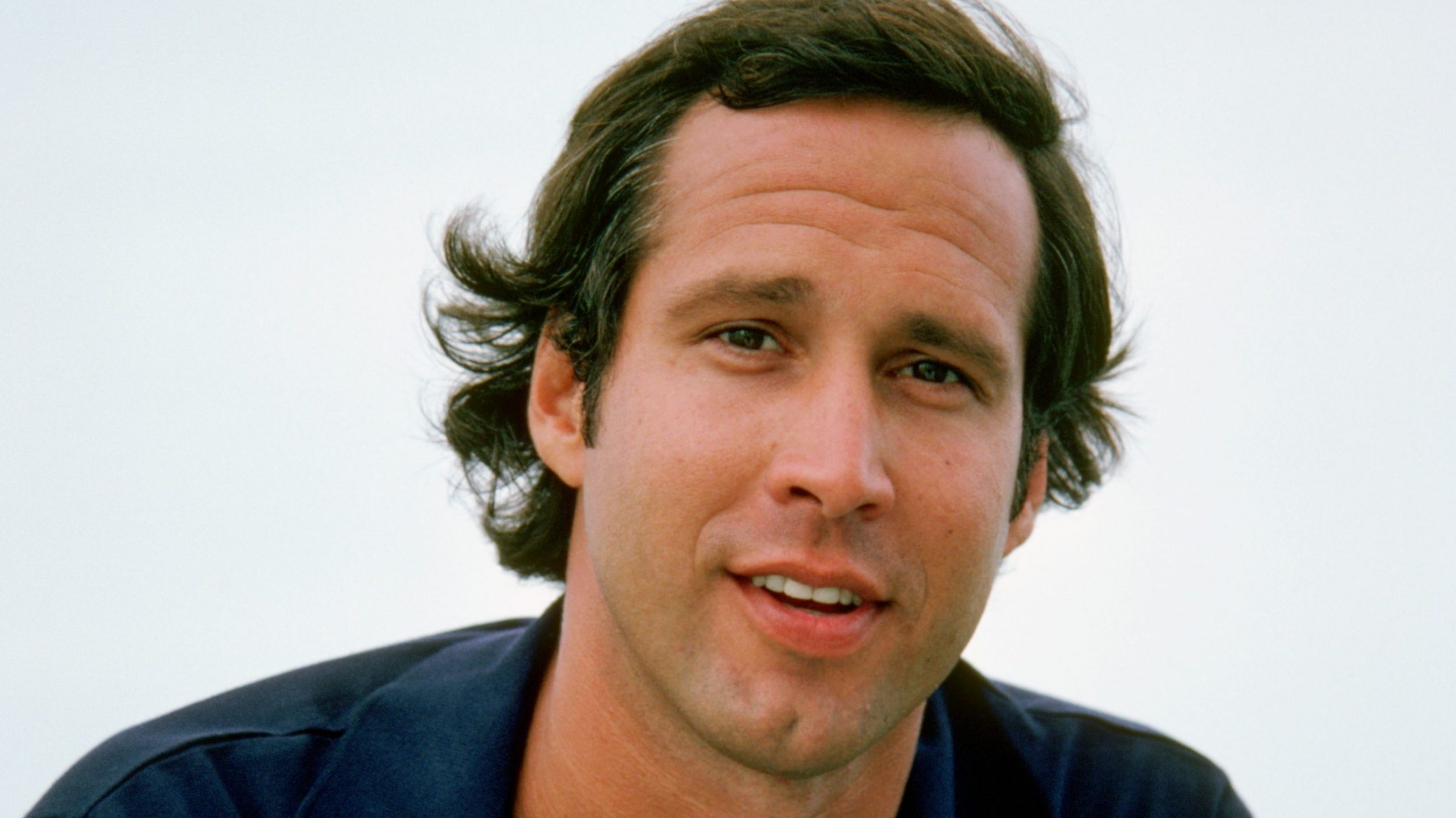There are 6,358 faith state primary schools in England, and another 589 secondary ones. As of 2001, these broke down into: 4,716 Church of England schools; 2,108 Roman Catholic ones; 32 Jewish; 4 Muslim; 2 Sikh; 1 Greek Orthodox; and 1 Seventh Day Adventist.
That’s one third of the compulsory education system in the hands of religious groups, funded by the state.
Uniquely too, faith schools are allowed to impose entry requirements on their pupils based on their parents’ religion. There is some dispute as to whether these schools actually perform better. The argument continues that if they do, it is because they alone are able to screen their intake, favouring the better performers.
What’s more, faith schools are allowed to discriminate in their employment on religious grounds. That means that in a third of all state schools, appropriately qualified teachers may not be able to find work if they are not of the correct creed.
Research published in March this year by the University of London found that:
“CofE and RC churches are able to maintain a relatively high level of involvement in education through state financial support, despite a collapse in the size of the church-going population in England. On a typical Sunday in 2005, just six percent of the population attended church, with under 2 percent in each of the CofE and RC denominations.”
Those are important figures, considering that 33% of state funded schools are able to determine their staffing and pupil admissions based on church attendance. Moreover, a 2004 study found that faith schools prioritise their admissions in the following order: their own religious denomination; related religious groups (ie, wider Christian denominations); other religious denomination; and finally non-religious families who live in the area. The stringency with which these religiosity requirements are used increases with a higher demand for places.
By any other name, this is a two-tier education system skewed heavily in favour of the state sponsored faiths.
Data about faith secondary schools “fails to find a consistently positive (or negative) effect on overall area-wide educational performance,” and the University of London researchers conclude that any localised improvement within one school is based on the selection process alone. So they don’t improve educational standards, unless you are already high achieving and pious.
If forcing your child into a school which imposes religious doctrine were not bad enough – it should of course be your child’s right to choose to adopt a religion or not – then there’s something even more insidious at work.
Step forward the legal requirement of a daily act of collective worship.
The School Standards and Framework Act 1998 says:
“Each pupil in attendance at a community, foundation, or voluntary school shall on each school day take part in an act of collective worship.”
Note that it says “take part in” not “attend”. No-one should be forced to worship.
Teacher guidelines suggest that the worship should be broadly Christian in nature, but should also reflect the other faiths, so long as 51% of the worship is Christian. Teachers cannot be required to lead or attend these sessions … unless they work in a faith school. Thus, as affiliation to the state sponsored religion dwindles, the enforced participation within that religion continues by law.
The answer here is not to expand the faith based system to be inclusive of all religions, not least because that is impractical. Instead, religion should be removed from the schools entirely.
A few people once had the good idea that the state should be free of religion and free from religion. Amen to that.











